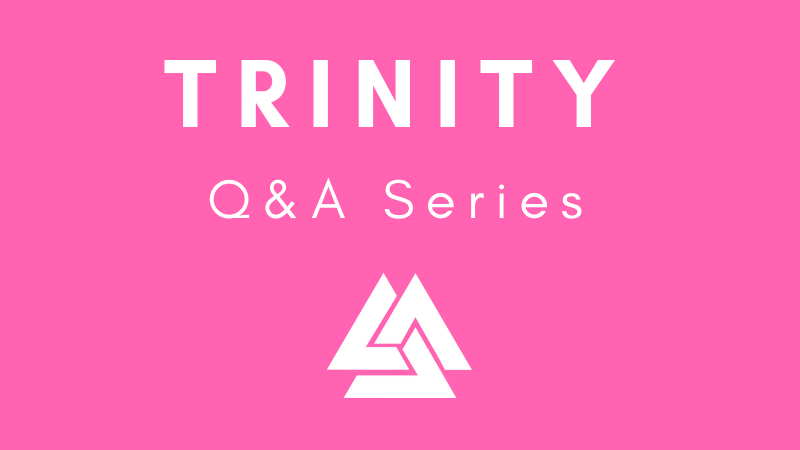
Trinity has released two more articles in its Q&A series, which address node set-up and restrictions, and the need for scaling. The Trinity protocol is a universal off-chain scaling solution that uses state channel technology to create private payment channels and real-time transactions. The protocol is agnostic, and now operates on top of two blockchain platforms: NEO and Ethereum.
Node Set-Up and Restrictions
The Ethereum version of Trinity’s state channels was launched on August 31st, and “many long-term holders are now failing to meet the fiat requirements for setting up a node.” Additionally, there appears to be a lack of liquidity on exchanges, and there was a restriction on the number of people who could apply for the node set up tool.
The Trinity team stated its protocol layered on top of NEO is successful as a public blockchain, but Ethereum currently requires more demand of its state channels. As is such, the Trinity network requires a US$800 equivalent of TNC tokens to set up a node. Trinity believes its node hosts will be able to recover the cost with channel fees.
Additionally, Trinity stated, “liquidity shortage on exchanges does not necessarily relate to the node-setting deposit.”
The restrictions enacted on the number of users who could apply for the one-click node deployment setup tool was due to the fact that it “is running on the cloud server provided by Trinity Foundation.” The cloud server costs storage and must be included in Trinity’s budget.
Need for Scaling
Trinity addressed the current demand and believes the need for scaling will be “certain and rising over time.” Currently, blockchains have had growing pains to “fulfill the commercial requirements of mass adoption.” Looking forward, Trinity believes there will be an increased demand in micropayments and the Internet of Things (IoT) industry.
Trinity aims to continue technical innovation to its state channel development to serve the needs of future markets. It believes the demands for state channels to be high and strives to further its technical development in accordance with its roadmap.
For more information about Trinity visit one of the links below.







About The Author: Dylan Grabowski
Dylan is a reformed urban planner with a passion for covering the Neo ecosystem. His objective as a writer for Neo News Today is to report news in an objective, fact-based, non-sensational manner. When not behind a computer screen, he can be found in the mountains rock climbing. Find Dylan on Twitter (@GrabowskiDylan).
More posts by Dylan Grabowski